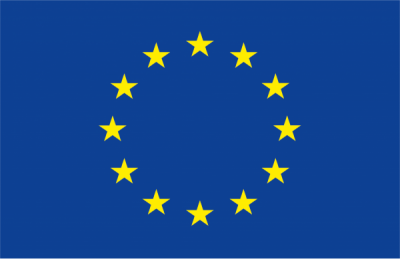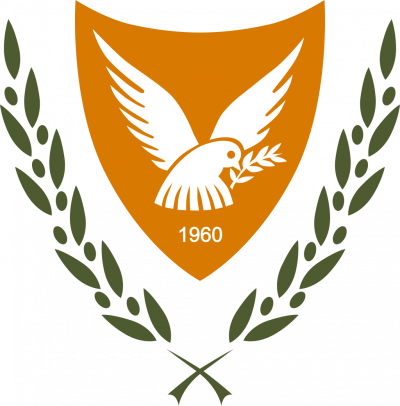21st of May, 2020: Webinar – SARS-CoV-2 in the air – A major route of transmission for the COVID-19 diseases by Professor Jean Sciare
Abstract
Infected individual coughs, sneezes, or exhales (when speaking) produce a large quantity of virus-laden droplets and aerosols that can remain in the air for several hours. Every new scientific paper on airborne transmission of SARS-CoV-2 brings more evidence on the importance of this mechanism in the transmission of the COVID-19 diseases.
This webinar will provide a brief overview and synthesis of the most recent scientific studies published within the last few weeks on the characteristics of airborne SARS-CoV-2. Size distribution (between droplets and aerosols), viability, and atmospheric dispersion mechanisms will be addressed.
This presentation will also introduce our current research activities initiated on this topic in collaboration with the Cyprus Institute of Neurology and Genetics, the Intensive Care Unit of the Nicosia General Hospital, and the Cyprus Civil Defence. The objective of this research (supported by the “CyI COVID-19 Internal Research Call”) is to demonstrate the added value of a “bioaerosol network” in monitoring the presence of airborne SARS-CoV-2 within large indoor public areas to alert on the potential risk of local contamination, and therefore allows for immediate mitigation actions (shutdown and disinfection). If operated continuously, such bioaerosol networks could become an early warning system to geolocate the presence of a new infectious clusters, information which is strategic for combating large-scale spreading of the virus.
About the speaker
Prof. Jean Sciare is Director of the Climate and Atmosphere Research Center (CARE-C) of the Cyprus Institute (CyI). His main expertise covers the experimental characterization of atmospheric aerosols; addressing issues related their impacts on air quality, health and climate. He received his PhD in atmospheric chemistry and physics from Paris VII University in 2000, with a dissertation on the “Biogeochemical cycle of dimethylsulfide in the Austral Ocean”.
Following a post-doctoral position at the Max Planck of Chemistry in Mainz (Germany) in 2000-2001 on the measurement of Cloud Condensation Nuclei (CCN) in various environments, Jean Sciare obtained a full permanent position in CNRS at the end of 2001 at LSCE, and became CNRS Research Director in 2013, leading an atmospheric chemistry group of 20 people from mid-2012 to mid-2014. Since mid-2014, Jean Sciare is a full-time professor at The Cyprus Institute and is currently the Director of the Climate and Atmosphere Research Center (CARE-C) of The Cyprus Institute.
Prof. Jean Sciare is currently leading the development of several major CyI research infrastructure such as the Cyprus Atmospheric Observatory (CAO) for long term observations of key atmospheric pollutants in Cyprus at, the Unmanned System Research Laboratory (USRL) for the development of an unparalleled fleet of unmanned aerial vehicles dedicated to atmospheric research studies, and the Facility for Chemical Analyses (FCA) for the speciation of trace species in ambient gases and aerosols.
Jean Sciare is author or co-author of more than 110 international refereed publications (H-index 34), and has more than 150 presentations at international conferences devoted to atmospheric chemistry and physics.
Recording: https://www.youtube.com/watch?v=nLiPtT0k2L0



